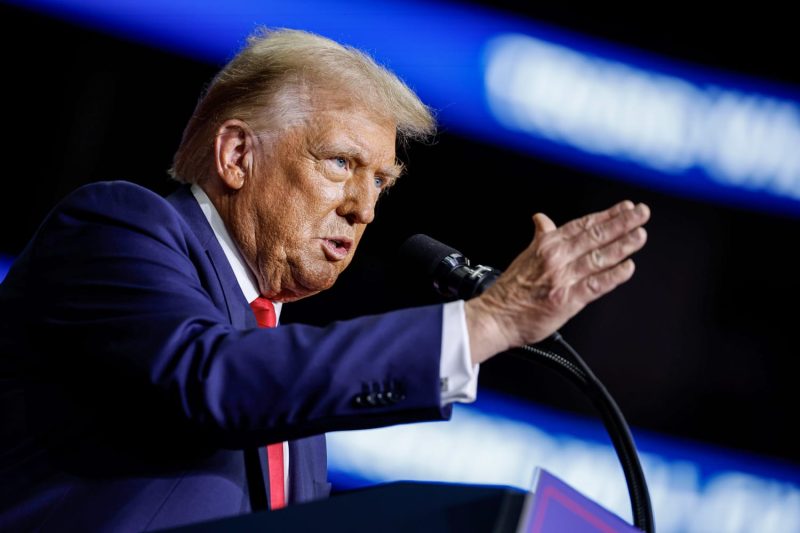
U.S. Companies Dash for Lobbyists & Loopholes Amidst Trump’s Tariff Terror!
As an attempt at maintaining balance in international trade, President Donald Trump’s administration had often resorted to imposing tariffs on imports, inevitably leading to a series of repercussions among the domestic manufacturers and businesses. Threatened by the potential impact of the tariffs, many U.S. companies were led to explore alternative routes to soften the blow, majorly involving a search for highly skilled lobbyists and uncovering plausible loopholes within the legislation.
Firstly, hiring lobbyists became a widely adopted method for U.S. companies to tackle the imminent tariff threats. Lobbyists, being proficient experts in influencing political decisions, play crucial roles in representing their client business interests on Capitol Hill. In the face of the tariff threats, these companies found it necessary to enlist the help of such intermediaries to plead for exemptions or to expand their positions in public policy discussions that could affect their operations.
Large corporations such as Walmart, General Motors, and Apple have known to have exponentially increased their lobbying spending following Trump’s tariff threat announcement. Apart from advocating for tariff relief or exclusion requests, lobbyists reportedly worked on educating lawmakers about the potential harm to domestic industries due to the new tariffs, vying for regulatory adjustments that could limit overall damage.
Subsequently, finding loopholes in the legislation was another approach taken by the companies to alleviate the burden of the tariff threats. Given the complexity of the domestic and international trade laws, there have always been legal intricacies that can be used to one’s advantage. In many cases, the companies amended their supply chains, procured goods from different countries under lesser tariff impositions, or arranged for partial manufacturing processes to take place outside the United States.
For instance, some businesses redesigned their products on paper to qualify them under different tariff categories, thereby evading higher tariffs. Others shifted their base of operation to countries that were exempted from these tariffs, thus avoiding potential financial losses. Yet, some companies sought to explore RVC (Regional Value Content) provisions under free trade agreements, benefitting from exceptions linked to the percentage of a product’s value produced within certain regions.
However, the strategies of hiring lobbyists and exploiting legal loopholes are not without their challenges and drawbacks. Hiring lobbyists involves considerable financial investment, and the outcome of their efforts remains uncertain. Meanwhile, shifting operations or trying to navigate the labyrinth of international trade laws could cause additional complications, inefficiencies, and increased costs in the long-run.
It is critical to note that while these tactics might bring temporary relief to these companies, it may also open up a Pandora’s box of other trade and legal battles. The tariff threats and subsequent maneuvers by U.S. companies underscore the delicate and often volatile nature of international trade relations. These phenomena throw into sharp relief the need for a more balanced and stable global trade environment, and a comprehensive domestic policy that effectively safeguards the interests of its domestic manufacturers and businesses.
